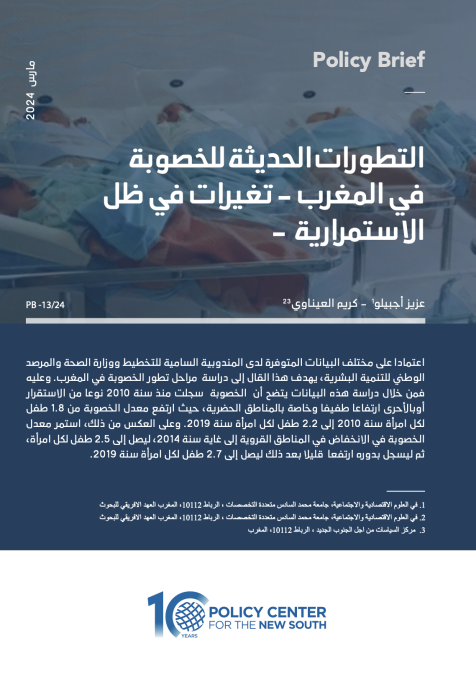Publications /
Opinion
In today’s world, African governments face the challenge of not only providing basic services for their populations but also improving the quality of those services. However, resource constraints often make it difficult to provide high-quality services, creating a delicate balance between population growth, fiscal limitations and the pursuit of quality. This mission requires careful consideration and innovative solutions, especially in countries like Senegal.
The Dilemma of Unmet Social Demand
As the population of African countries continues to grow, the demand for services increases exponentially. Unfortunately, limited resources make it difficult for governments to meet the expectations of their citizens in terms of quantity and quality. This predicament is particularly evident in sectors such as education, healthcare and infrastructure, where a lack of resources hampers their ability to provide optimal services.
Education: The Need for Quality Learning Environments
While access to education is crucial, the quality of education is equally important. Insufficient resources often result in overcrowded classrooms, outdated teaching materials and a shortage of well-trained teachers. These challenges hinder the delivery of quality education, depriving students of the skills and knowledge they need to thrive in an increasingly competitive world. African governments, including Senegal, must prioritize investment in resources, the training of teachers and the upgrading of educational facilities in order to ensure the provision of high-quality education.
Healthcare: Striving for Excellence in Care
A robust healthcare system is essential for the well-being of populations in African countries such as Senegal. However, limited resources can result in long wait times, inadequate medical equipment and a shortage of healthcare professionals. This compromises the quality of care and leaves individuals without timely and effective treatment. To address this issue, governments must invest in healthcare infrastructure, recruit and retain skilled professionals, and focus on preventive measures in order to improve the overall quality of healthcare services.
Infrastructure: Building for the Future
Infrastructure development is crucial for the progress of African countries such as Senegal. Insufficient resources often result in subpar infrastructure, including inadequate transportation systems, unreliable utilities, and limited access to essential services. To enhance the quality of infrastructure, governments must prioritize their investment in the modernization of existing structures and the building of new ones. This will not only improve the daily lives of citizens but also attract investment and foster economic growth in countries like Senegal.
A Call for Innovative Solutions
To overcome the challenge of providing high-quality services with limited resources, African governments, including Senegal, must explore innovative solutions. This includes leveraging technology to improve service delivery, encouraging public-private partnerships to share the burden, and promoting efficiency through effective resource management. By embracing innovation, governments can enhance the quality of services without compromising fiscal stability.
Striking a balance between population growth, fiscal constraints and the pursuit of quality services is a complex task for African governments, including countries like Senegal. While it is vital to provide basic service coverage, ensuring the quality of those services is equally important. By investing in education, healthcare and infrastructure, governments can improve the lives of their citizens and create a more prosperous and resilient society in African countries. Embracing innovative solutions and efficient resource management will be key in overcoming the challenges posed by limited resources. The quest for quality services is a mission that African governments must embrace in order to meet the evolving needs and aspirations of their populations.








